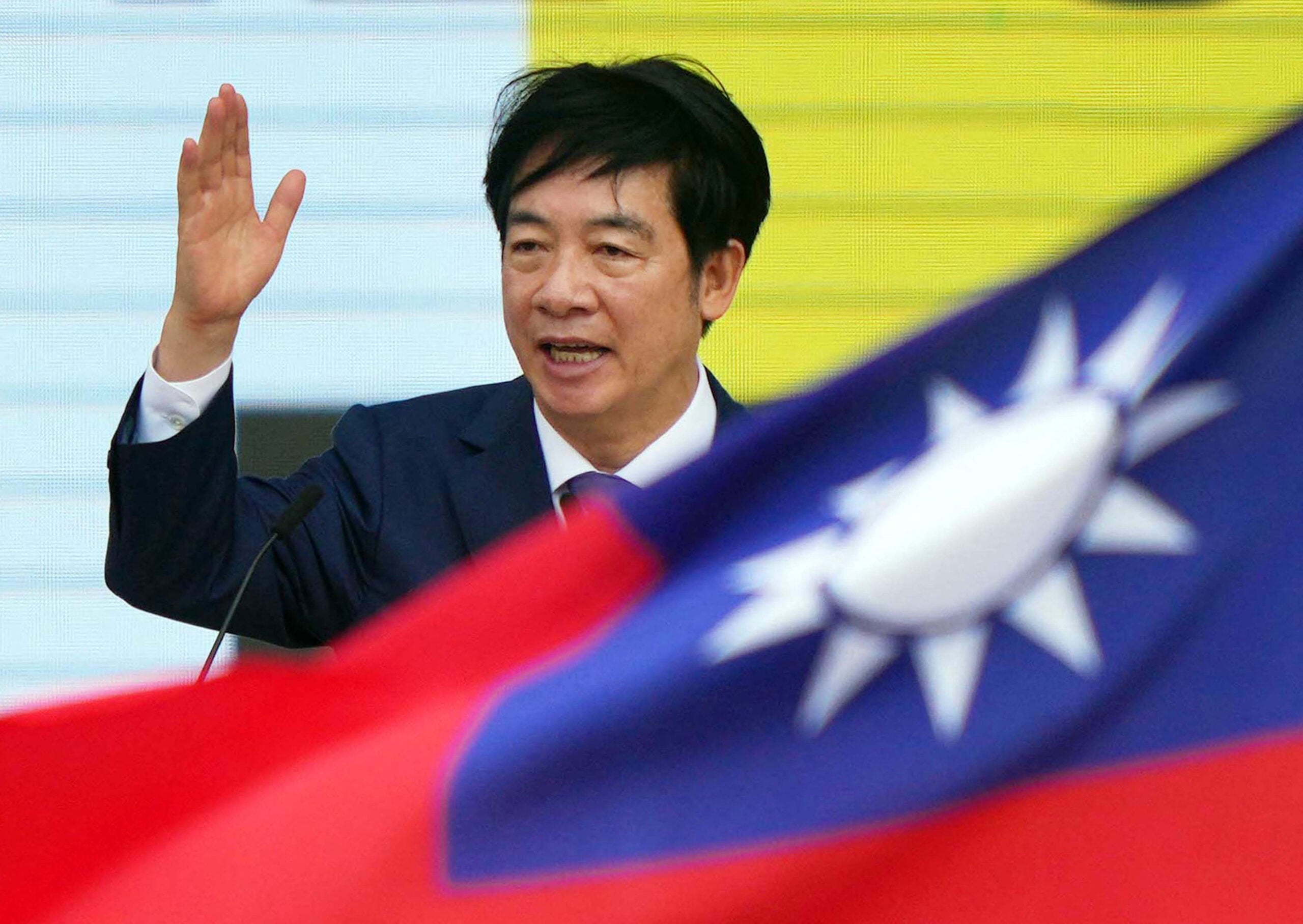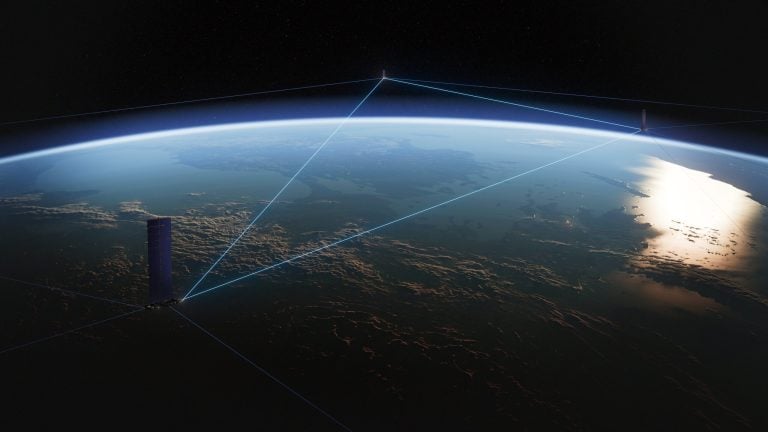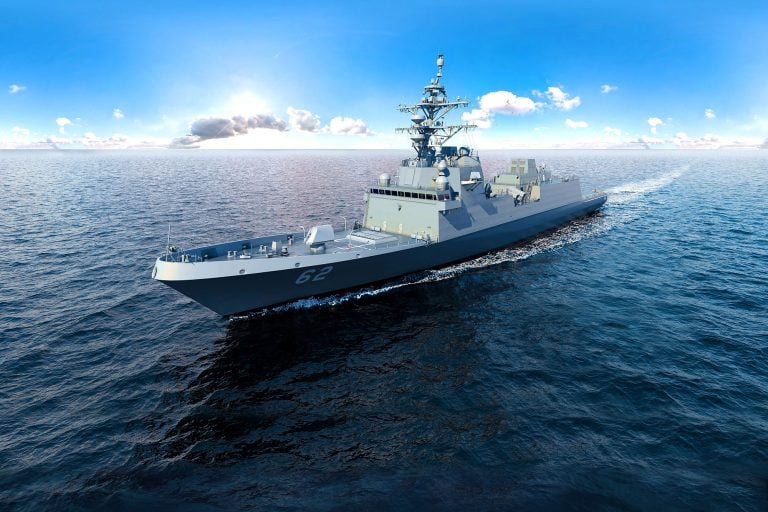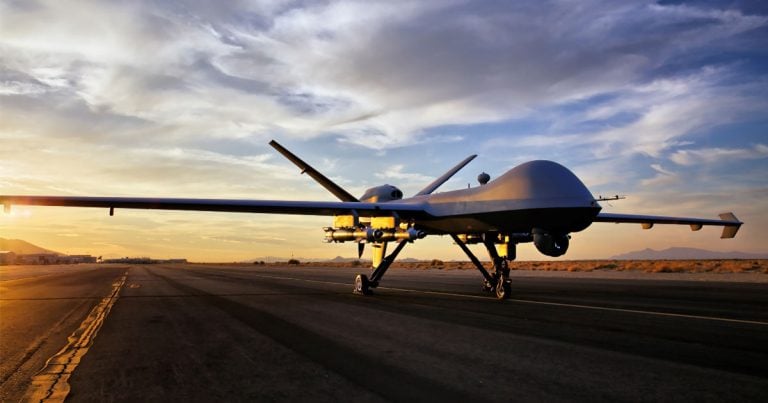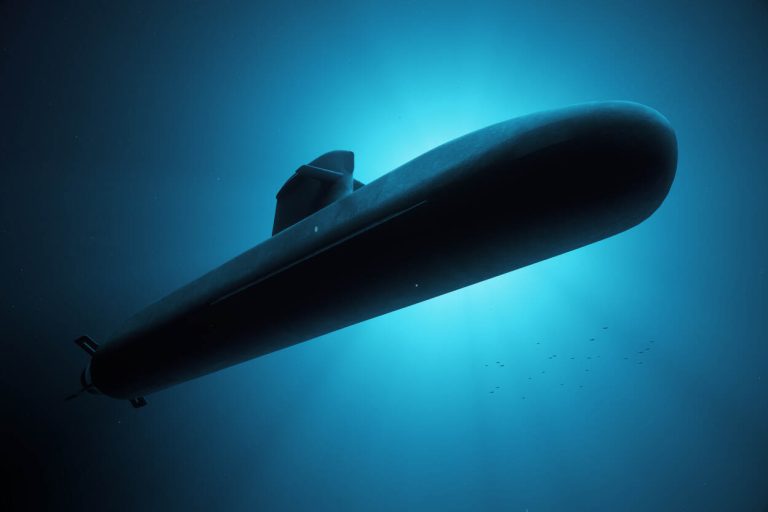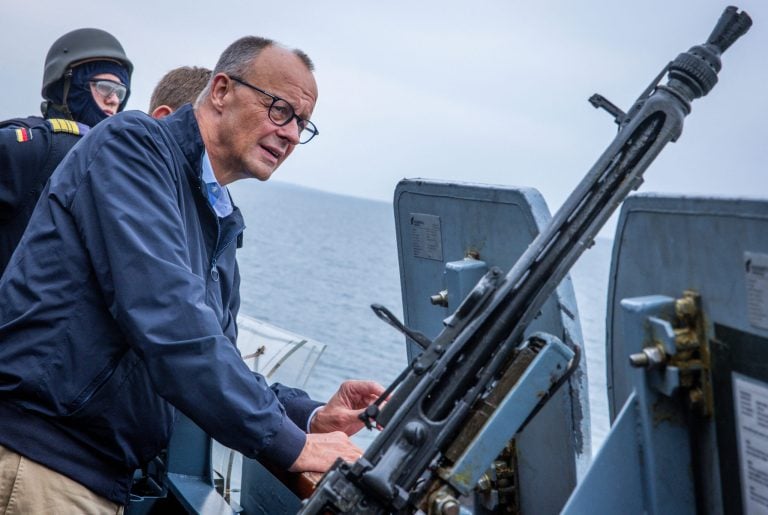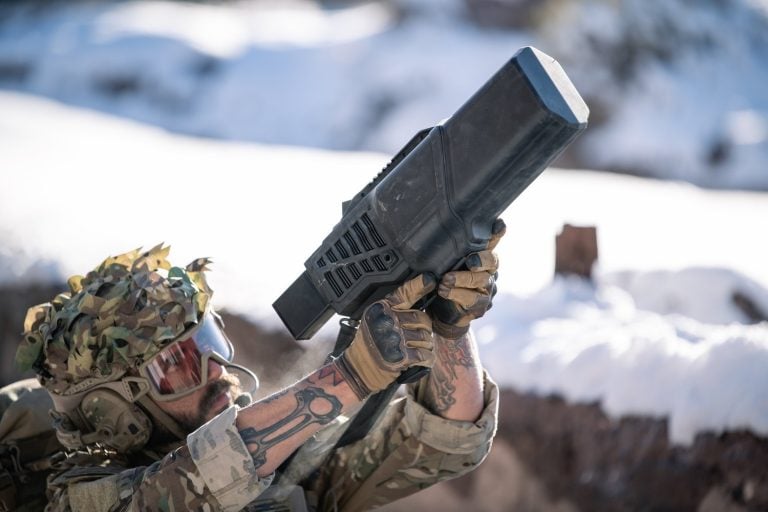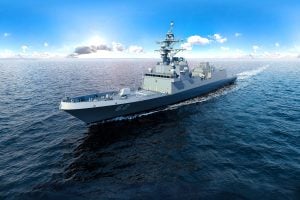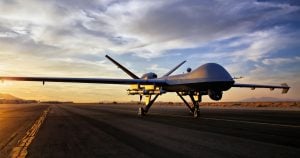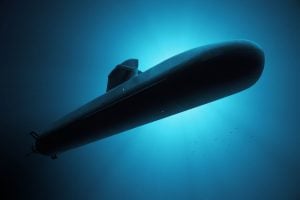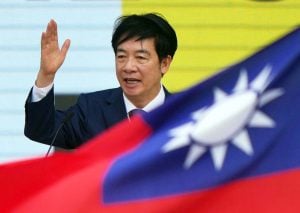Taiwanese President Lai Ching-te announced on Wednesday a significant $40 billion defense spending plan over the next eight years, aiming to strengthen the island’s military capabilities in light of increasing pressure from China. This move is part of a broader strategy to deter potential aggression from Beijing, which has claimed Taiwan as part of its territory despite never having ruled the island.
Over the past decade, Taiwan has increased its defense budget in response to escalating Chinese military activities in the region. The urgency for enhanced military readiness has been compounded by past statements from US officials, particularly during Donald Trump’s presidency, which encouraged Taiwan to take more responsibility for its own defense.
In a news conference following the announcement, Lai emphasized the military’s goal of achieving a “high level” of joint combat readiness by the year 2027. This timeline aligns with assessments from US intelligence that suggest a possible Chinese offensive could occur around the same period. “The ultimate goal is to establish defense capabilities that can permanently safeguard democratic Taiwan,” Lai stated, underscoring the importance of military preparedness.
China, through its foreign ministry, responded critically to Taiwan’s increased military spending. Officials reiterated that efforts by Taiwan to resist unification or seek independence through military means would ultimately fail.
Lai’s announcement coincides with rising tensions between Japan and China sparked by comments from Japanese Prime Minister Sanae Takaichi, who suggested that Japan could intervene militarily in the event of an attack on Taiwan. This diplomatic spat has added complexity to the regional security environment.
The United States’ top representative in Taiwan, Raymond Greene, expressed support for Lai’s defense initiative, urging for political unity among Taiwan’s parties in bolstering national defense. Greene emphasized that maintaining Taiwan’s democracy and market economy, alongside fostering conditions for dialogue with China, relies on enhanced defense capabilities.
The proposed spending will facilitate new arms purchases from the US and focus on strengthening Taiwan’s capacity for asymmetrical warfare. Lai clarified that these acquisitions are not linked to ongoing tariff negotiations with the US and are aimed solely at reinforcing Taiwan’s determination to self-defend. “We aim to bolster deterrence by inserting greater costs and uncertainties into Beijing’s decision-making on the use of force,” he stated.
In recent weeks, the US also approved $330 million worth of parts and components for Taiwan’s military, further solidifying the partnership between the two nations.
Despite the ambitious defense spending plan, Lai’s administration may face challenges in securing approval from Taiwan’s parliament. The main opposition party, the Kuomintang (KMT), has historically advocated for closer ties with China and holds significant influence over budgetary decisions. KMT chairperson Cheng Li-wun, who has been elected amid allegations of Chinese interference within the party, criticized Lai’s plans, warning that escalating military expenditures could transform the Taiwan Strait into a “powder keg.”
Lai, who leads the ruling Democratic Progressive Party (DPP), aims to increase annual defense spending to five percent of GDP by 2030. Next year, the DPP plans to allocate NT$949.5 billion ($30 billion) for defense, representing about 3.32 percent of Taiwan’s GDP. The newly proposed $40 billion spending will support the development of the “T-Dome,” a layered air defense system designed for protecting military assets, critical infrastructure, and civilian areas from Chinese missile threats.
Included in the spending are purchases of long-range precision-strike missiles, counter-drone systems, and anti-ballistic missile technologies, as detailed by Taiwan’s defense ministry. Military expert Su Tzu-yun voiced support for the spending initiative, remarking, “Freedom is not a free lunch.”
Some KMT lawmakers, however, argue that merely increasing defense spending is not a panacea. KMT lawmaker Ma Wen-chun highlighted that the more pressing issue is recruiting and retaining personnel for Taiwan’s military forces, cautioning that without sufficient trained personnel, the effectiveness of newly procured weapons could be compromised.
